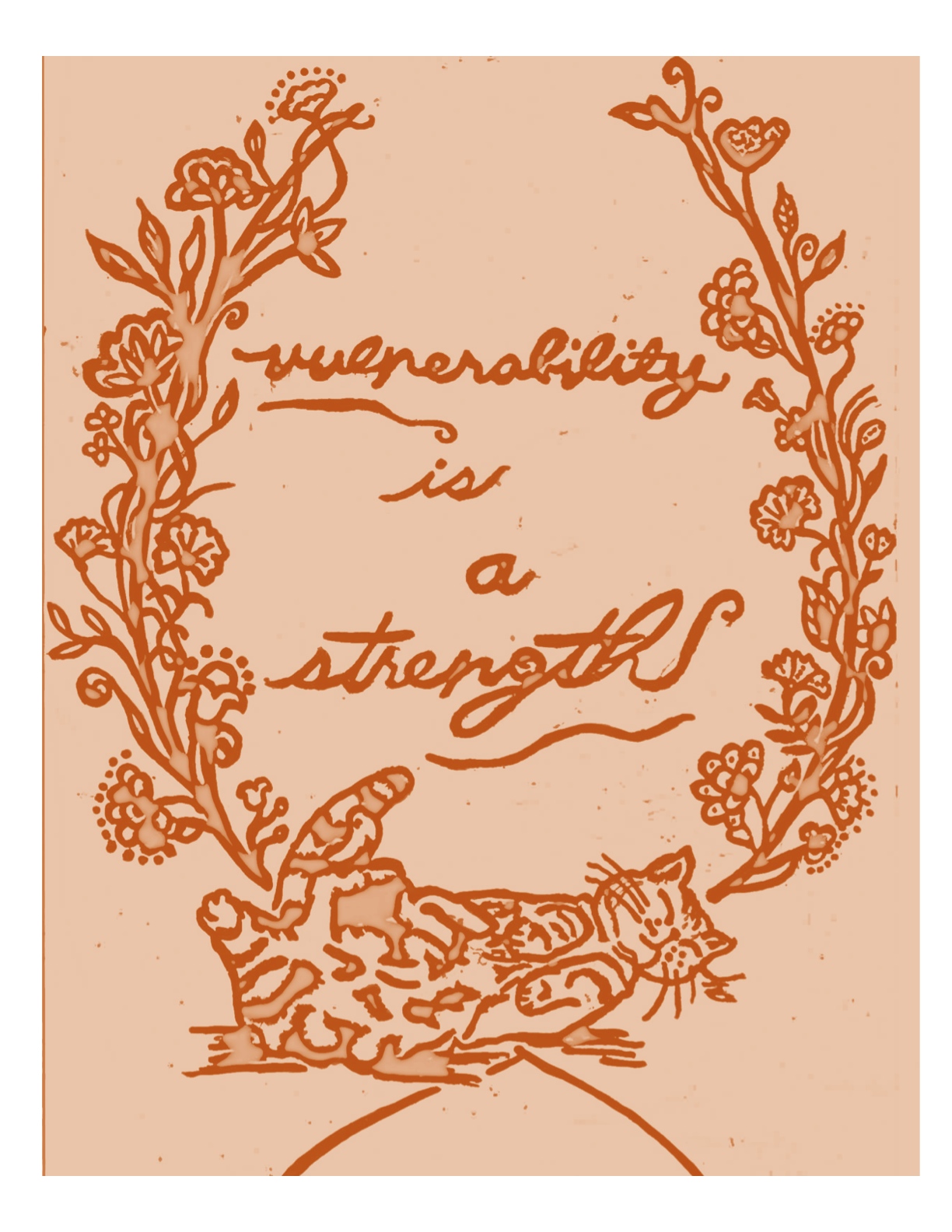The Importance of Whaling in Makah Culture: Self Determination and Cultural Continuity
Abstract
Treaties represent initial instances of legal pluralism between Europeans and Indigenous peoples in what is now known as North America; treaty rights are eternal, yet as societal norms change these rights are drawn into question and their strength tested. This paper examines specifically the Makah Nation, located in Washington state, who signed the Treaty of Neah Bay in 1855, which assured them that in exchange for ceding a large portion of their land they would preserve their right to whale (Article IV, Treaty of Neah Bay). In the last 100 years, non-Indigenous norms have shifted from participating in commercial whaling to largely condemning it because of animal rights beliefs often place the rights of whales above many mammals due to their complex social life (Gupta 1741). These changing norms have led to costly court cases for the Makah and have generally changed legislation and regulations for whaling practices which have impeded the Makah's right to whale. Legal Indigenous environmental rights - meaning the rights of Indigenous peoples to decide how to interact with the environment - act as opportunities for Indigenous peoples to exercise their rights to self-determination and are necessary to the cultural survival of Indigenous peoples. However, in an environment of legal pluralism, different bodies can attempt to undermine Indigenous culture and self-determination by arguing animal rights are of greater import; the Makah not only have their right to whale at stake, but the right to cultural continuity.Downloads
Published
2014-10-25
Issue
Section
Articles

